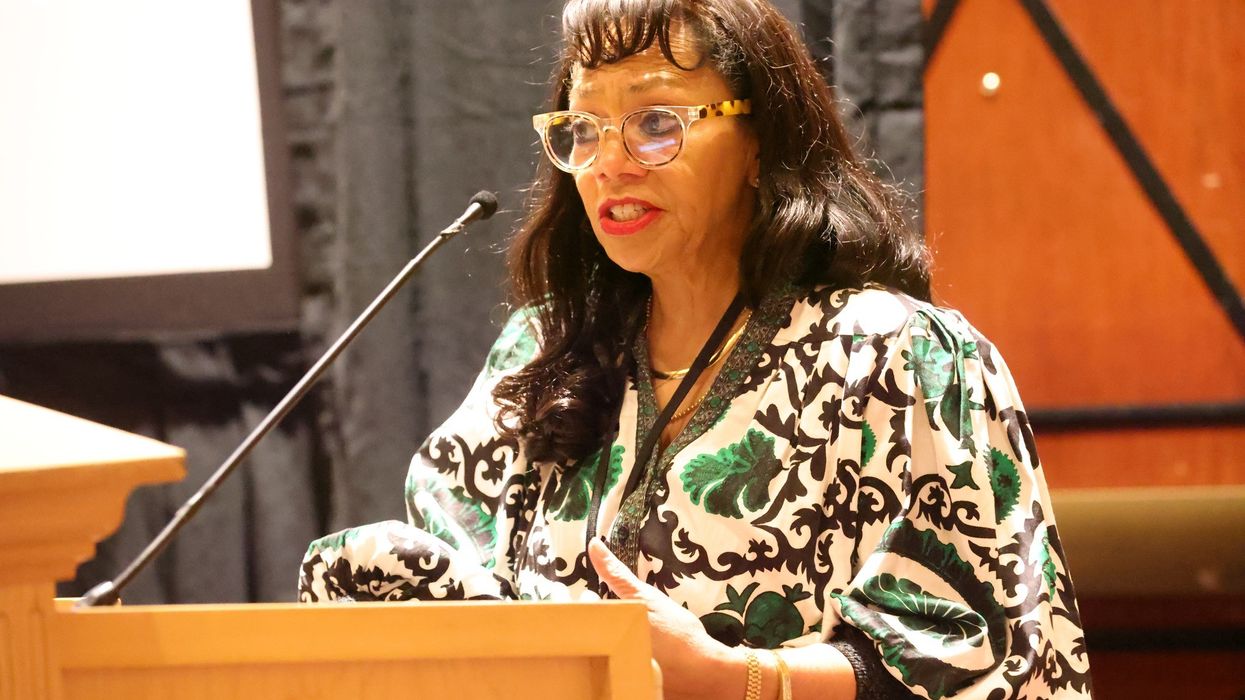Pregnancy and infant loss are heartbreaking experiences that can affect any family, regardless of their racial or ethnic background. However, it is essential to recognize that these losses are not evenly distributed across all communities. Minority communities often face unique challenges and disparities when it comes to pregnancy and infant loss. This article aims to shed light on this important issue, explore the factors contributing to these disparities, and discuss the need for improved support and awareness within minority communities.
The Disparities
- Increased Risk Factors: Pregnancy and infant loss in minority communities can be attributed to several risk factors. These communities often face higher rates of pre-existing health conditions such as diabetes, hypertension, and obesity, which can increase the risk of pregnancy complications. Socioeconomic disparities, limited access to quality healthcare, and inadequate prenatal care can further exacerbate these risks.
- Cultural Stigma: Cultural beliefs and stigmas surrounding pregnancy, miscarriage, and infant loss can significantly impact how individuals within minority communities experience and cope with these traumatic events. Some cultures may perpetuate a culture of silence, making it difficult for individuals to seek help or share their experiences openly.
- Lack of Awareness and Education: There is a significant lack of awareness and education in minority communities about the risks and signs of pregnancy complications, as well as the available resources and support systems for those who have experienced loss. This lack of awareness can lead to delayed or inadequate medical attention and emotional support.
- Healthcare Disparities: Minority communities often face disparities in healthcare access and quality. These disparities can result in suboptimal care during pregnancy and childbirth, contributing to the higher rates of pregnancy and infant loss. Additionally, implicit biases within the healthcare system can lead to misdiagnoses or inadequate care for minority patients.
Addressing the Disparities
- Promoting Education and Awareness: Community organizations, healthcare providers, and educational institutions should collaborate to raise awareness about the risks of pregnancy complications and the importance of early prenatal care. Culturally sensitive educational campaigns can help dispel myths and address stigmas surrounding pregnancy and infant loss in minority communities.
- Enhancing Access to Quality Healthcare: Efforts to reduce healthcare disparities must be a priority. Initiatives that provide better access to quality healthcare, particularly in underserved areas, can help minimize the risk of pregnancy complications and improve the overall health of minority mothers and infants.
- Culturally Competent Care: Healthcare providers must receive cultural competence training to provide better care to patients from diverse backgrounds. By understanding and respecting cultural practices and beliefs, healthcare providers can offer more personalized and effective care to minority patients.
- Creating Supportive Communities: Creating safe spaces within minority communities where individuals can openly discuss their experiences of pregnancy and infant loss is crucial. Support groups and community organizations can provide emotional support and resources to those who have suffered these losses.
- Advocating for Policy Changes: Advocacy at the policy level can lead to better healthcare and social support structures for minority communities. This includes pushing for comprehensive maternal and child health initiatives, funding for research on disparities, and addressing systemic racism within the healthcare system.
Pregnancy and infant loss in minority communities is a pressing issue that demands attention and action. Addressing these disparities requires a comprehensive approach, including education, awareness, improved healthcare access, culturally competent care, and community support. By working together to address these disparities, we can help ensure that all families, regardless of their racial or ethnic background, receive the support and care they need during times of loss and grief.

















 Ragina Ireland has been lovingly supported throughout her cancer journey by her sister, Johnnie Ireland. Four years ago, Ragina took a Cancer Genetic Risk Assessment test to help give her sister a clearer understanding of her own risk for developing breast cancer.
Ragina Ireland has been lovingly supported throughout her cancer journey by her sister, Johnnie Ireland. Four years ago, Ragina took a Cancer Genetic Risk Assessment test to help give her sister a clearer understanding of her own risk for developing breast cancer. 